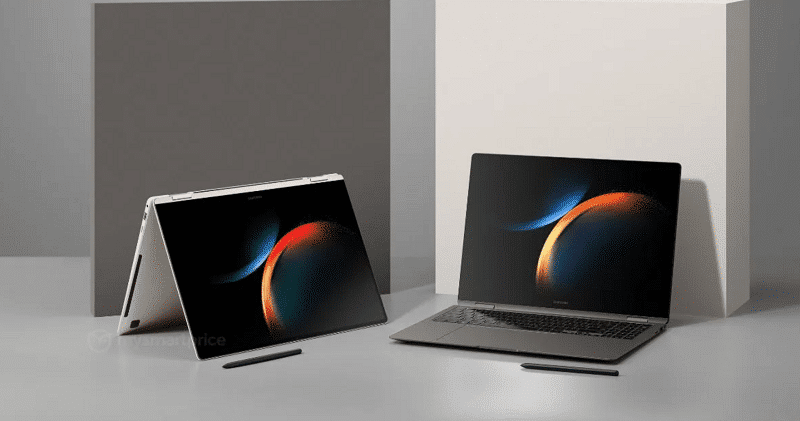Samsung to Commence Laptop Manufacturing in India Next Month: A Comprehensive Report
In a significant development for the tech industry, Samsung, renowned for its contributions to the “Make in India” initiative, is set to expand its local manufacturing operations from smartphones to laptops. The South Korean giant is gearing up to commence laptop production in India, with plans to invest substantially in this endeavor. This article delves into the details of Samsung’s foray into laptop manufacturing in the subcontinent.
Samsung’s New Venture: Laptop Manufacturing
Samsung’s decision to manufacture laptops locally comes as no surprise. The company has been a prominent figure in the Indian smartphone market, producing its devices within the country. Now, it is ready to extend this strategy to laptops. According to inside sources, Samsung is scheduled to begin laptop production next month at its existing Greater Noida facility, which is currently dedicated to smartphone assembly.
Initial Production Capacity
Initially, Samsung aims to commence laptop production in a limited capacity, with plans to manufacture approximately 60,000 to 70,000 laptops annually in India. While these numbers may appear modest compared to industry rivals like HP, Dell, and Lenovo, they signify a significant step toward expanding Samsung’s footprint in the Indian laptop market. However, specific details regarding the expansion of production capacity remain undisclosed.
Investment in Laptop Manufacturing
To kickstart this new venture, Samsung is committed to investing between Rs 100-200 crore. It is worth noting that Samsung’s presence in the laptop market is not as pronounced as its dominance in the smartphone arena. With a more limited range of laptop offerings, the investment and production scale reflect this distinction.
Government Initiatives and Restrictions
The government’s recent imposition of restrictions on laptop and computing device imports played a pivotal role in prompting Samsung’s decision to shift toward local production. These restrictions were intended to encourage global tech giants to establish local manufacturing facilities rather than relying on imports. Consequently, several companies, including Samsung, halted laptop imports in response to the government’s call for self-reliance in the sector.
Government’s PLI Scheme
In line with the government’s push for local production, the Production-Linked Incentive (PLI) scheme 2.0 was introduced. This scheme offered tax breaks and financial incentives to global players willing to invest in local electronic device manufacturing. Notably, industry giants like HP, Dell, Asus, and Acer embraced this initiative. However, Samsung chose not to participate in the PLI scheme, emphasizing its unique approach to the laptop market.
A Possible Policy Shift
Recent reports suggest that the government is considering revising its laptop import restrictions. The move follows concerns raised by the IT Ministry regarding the scarcity of essential electronic devices caused by the abrupt imposition of import limitations. These restrictions have the potential to negatively impact the Indian IT industry. As a result, the government is exploring alternative methods to bolster local production.
Conclusion
Samsung’s decision to venture into laptop manufacturing in India underscores its commitment to the “Make in India” campaign and aligns with the government’s initiatives to boost local production. While the initial production capacity and investment appear modest in comparison to competitors, Samsung’s entry into this segment represents a significant stride toward self-reliance in the Indian tech market.
Frequently Asked Questions
1. Why is Samsung expanding its manufacturing to laptops in India?
Samsung is expanding into laptop manufacturing in India to align with the government’s “Make in India” initiative and comply with restrictions on laptop imports, encouraging local production.
2. What is the initial production capacity for Samsung’s laptops in India?
Samsung plans to produce approximately 60,000 to 70,000 laptops annually in India initially.
3. Did Samsung participate in the government’s PLI scheme for laptops?
No, Samsung did not participate in the Production-Linked Incentive (PLI) scheme for laptops, unlike some other major tech companies.
4. Why did the government impose restrictions on laptop imports?
The government imposed laptop import restrictions to promote local manufacturing and reduce reliance on imported devices, fostering self-sufficiency in the tech industry.
5. Is the government considering revising its laptop import restrictions?
Yes, there are reports suggesting that the government is exploring options to revise laptop import restrictions due to concerns about their impact on the Indian IT industry.












